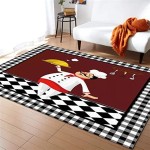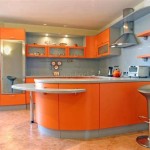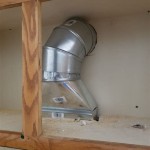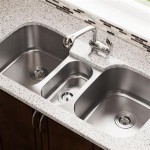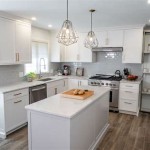Essential Aspects of Choosing the Best Kitchen Flooring
The kitchen is a high-traffic area that sees spills, heat, and moisture. Choosing the right flooring is essential to ensure durability, safety, and easy maintenance. Consider the following aspects when selecting kitchen flooring:
Material Durability
Look for materials that are resistant to scratches, dents, and wear from foot traffic. Hard materials like ceramic tile, porcelain, and stone withstand these conditions well. Laminate and vinyl flooring also offer good durability, while hardwood and bamboo are less resistant to scratches.
Water Resistance
Leaks, spills, and humidity can damage flooring. Choose waterproof or water-resistant materials like ceramic tile, vinyl, or laminate. These options will prevent water penetration and protect against mold and mildew.
Slip Resistance
Safety is important in the kitchen. Choose flooring with a slip-resistant surface, especially in areas prone to spills. Ceramic tile with a textured finish or vinyl flooring with a non-slip coating is recommended.
Maintenance and Cleaning
Kitchen flooring should be easy to clean and maintain. Tile, vinyl, and laminate require sweeping, mopping, and occasional deep cleaning. Hardwood and bamboo require more care, including regular cleaning, waxing, and sealing.
Style and Aesthetics
The kitchen's flooring should complement the overall design. Choose materials that match the cabinetry, walls, and countertops. Ceramic tile comes in various colors, patterns, and textures, providing numerous style options.
Cost and Installation
Consider the cost of flooring materials as well as the installation process. Ceramic tile and porcelain are more expensive but provide long-lasting durability. Vinyl and laminate offer cost-effective options with easier installation.
Additional Considerations
Other factors to consider include underfloor heating compatibility, sound absorption, and ease of repair. If radiant floor heating is desired, choose materials like ceramic tile or vinyl that conduct heat well. For sound absorption, opt for carpet tiles or vinyl with sound-dampening properties. Consider flooring materials that are easy to repair or replace if damaged.
Recommended Materials
Here are highly recommended kitchen flooring materials:
- Ceramic Tile: Durable, water-resistant, and available in various styles.
- Vinyl: Waterproof, scratch-resistant, and comes with a wide range of designs.
- Laminate: Cost-effective, durable, and mimics the look of hardwood or tile.
- Engineered Hardwood: More water-resistant than traditional hardwood, but still requires maintenance.
Conclusion
Choosing the best kitchen flooring requires careful consideration of durability, water resistance, slip resistance, maintenance, style, cost, and additional factors. By considering these aspects, homeowners can select flooring that meets their specific needs and enhances the beauty and functionality of their kitchen.

Best Kitchen Flooring Options Forbes Home

The Best Kitchen Floors On A Budget Flooring
What Is The Best Flooring For A Kitchen Tarkett

30 Kitchen Flooring Options And Design Ideas

What Is The Best Flooring Option For My Kitchen Atlanta Home Improvement

7 Best Kitchen Flooring Ideas Monterey Ca Cypress Design Build

10 Kitchen Flooring Trends 2024 Blog Quorn Stone

A Selection Guide The Best Flooring For Kitchens

Best Flooring Material For Kitchens

The 4 Best Flooring Types For Kitchens
Related Posts

